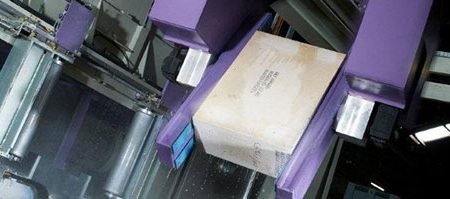
Help Us Lead The Way In Ceramics
Our members get access to our ongoing work and support around a range of business-critical issues facing the UK ceramics sector.
Log in to your members-only area and unlock a wealth of resources and support!
Stay up-to-date with the latest news and developments from Ceramics UK, access valuable information, and enjoy a range of exclusive member benefits.
Member’s Area
Ceramic UK’s member companies together comprise over 90% of the UK ceramic industry’s manufacturing capacity, providing access to a wide industry network.
Our Members
Bricks, Clay Roof Tiles and Pipes
Clay construction materials are durable, with a significant life span, and desirable acoustic and thermal properties, giving them an excellent lifecycle carbon-footprint, which is comparable to or even surpasses the green credentials of many competing building materials. Photo Credit: Ibstock Brick.
Clay bricks are an essential part of UK building architecture. Clay roof tiles are a natural, traditional roofing material, manufactured in attractive colours and textures, and form an attractive partnership with brickwork. Vitrified clay pipes provide the durable drainage and sanitation we all take for granted, while clay land drains are fundamental to efficient land use and agricultural profitability.
Photo credit: Ibstock Brick
Sanitaryware, Wall and Floor and Tiles
Internally, the design and appearance of almost every home, office or public building is enhanced by the combined practicality and beauty of ceramic bathroom products.
Ceramic floor and wall tiles are durable, easy to clean and stain resistant. They also form a key element in the refurbishment of many impressive and historic public buildings.
Tableware and Giftware
The UK has a world-renowned reputation for high-quality tableware and giftware, with cutting-edge design and manufacture. This includes durable catering-ware.
The whole sector has cut its carbon footprint dramatically in the last decade and is a very strong export earner for the UK economy.
Photo Credit: Churchill China.
Industrial Ceramics and Refractories
Refractories are materials that can withstand high temperatures and are essential in a variety of high-temperature industrial processes – including manufacture of ceramics, steel, glass, cement and chemicals. Novel refractory materials help reduce the energy used in all these industries.
Advanced ceramics are now used in a whole range of high-tech products including computers, jet engines, lasers, x-ray equipment, radar, water purification, thermal imaging devices and artificial joints.
Suppliers
A wide variety of materials are used in and produced by the industry. For example, new mineral formulations and glazes save energy by requiring a lower firing temperature.
Latest News
Join the ceramics community
Sign up to be the first to know about our news and events.








